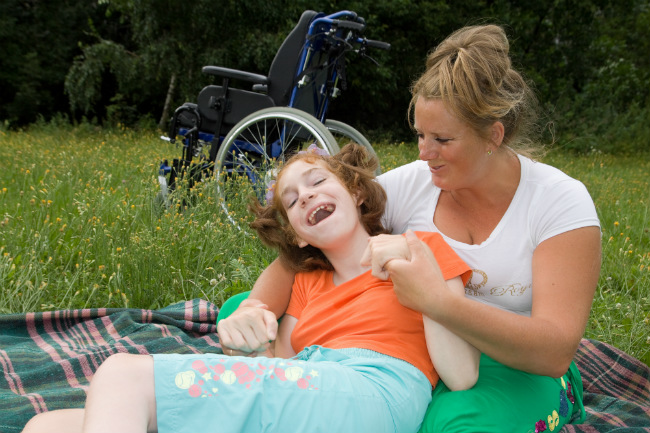
Six tips for the six weeks of summer
Six weeks can feel like a very long time when you’re juggling the needs of a child with a disability and their siblings, so a few simple tricks up your sleeve will really help.
1. Counting down
The structure of school days tend to break down as the school year comes to an end and this can be difficult for some children. Prepare your child ahead of time with social stories about what they can expect and make a visual calendar of when different things are happening. If you need to, rehearse what is going to happen and talk to the school if necessary about how your child is going to participate in any specific events and activities such as concerts or presentations.
2. Research and plan
Brainstorm a list of activities you can do with your child – from the smallest things like colouring and crafts and board games to little trips to the library, swimming and the park. Research your local event listings and local groups to find things that are suitable for your child and their siblings. You can also speak to friends and other parents; join forces for days out and set up play dates. Once you have your list of activities you could then plot a weekly calendar of things to do; try to do something every day even if it’s something as simple as half an hour of colouring, a puzzle or some time on the iPad together. Remember, expensive days out aren’t the be all and end all of everything – time with you is more precious than anything to your child.
3. Create visual schedules
Include some quiet time, creative time, activities from your calendar and even time for school work – you could ask your child’s school to send some work home if this familiarity would help your child. Structure and consistency can help some feel more in control of their world and decrease their stress and anxiety. Remember though – routines and structure are good but make sure there’s some flexibility too! A routine and calendar can help your child know what to expect each day but they need to understand that plans can change.
4. Create social stories
If you are heading away or visiting a busy tourist spot a social story can help any feelings of anxiety your child may have about the upcoming event. A search online will bring up heaps of social story templates you can adapt. Addressing all the W questions is a good place to be begin – why, when, where, what, who and how.
5. Let stuff go (and choose your battles)
If you try to do everything and have everything done your way, it’s going to be a very long six weeks. Accept that your house isn’t going to be display home tidy, shop online if you need to, get a couple of extra takeaways. And if your child wants to wear odd socks (or no socks) or needs a little iPad or TV time while you cook dinner – do whatever works for you and saves your sanity. Those Instagram posts of perfect school holidays with perfect children in perfect homes aren’t real you know!
6. Give siblings their freedom
If your child’s typical siblings are old enough, let them have some independence. Take help if it’s offered and let them spend time at a friend’s house or if they want to, explore whether there are vacation club options they might be interested in. It’s a long break so take respite and help where you can.





